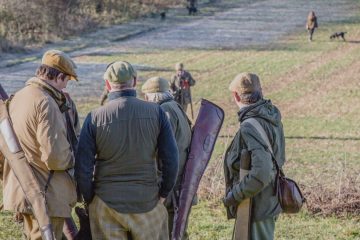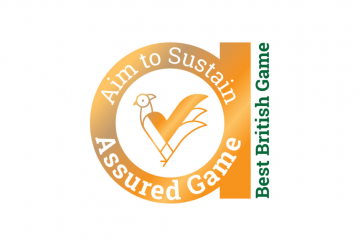Aim to Sustain partner responses to Defra avian influenza risk assessment

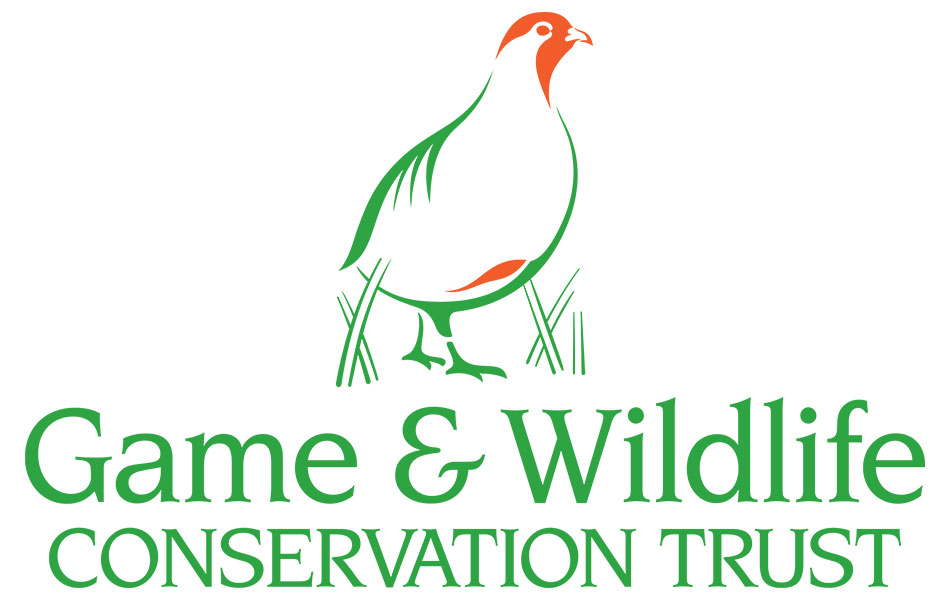
Game & Wildlife Conservation Trust
Defra gamebird avian flu risk assessment – GWCT response
Defra has published a risk assessment focussing on the risks of transmission of highly pathogenic avian influenza (HPAI) from released gamebirds to wild birds during the summer 2022 period when HPAI was at unprecedented levels in captive and wild birds.
Defra concluded that, theoretically and with a high degree of uncertainty, gamebird releasing could pose a risk to the transmission of HPAI to wild birds. Dr Roger Draycott, Director of Advisory & Gamebird Policy at GWCT commented:
‘Defra has made clear that the assessment was made in August 2022 and the conclusions drawn were made with a high degree of uncertainty and that if HPAI remains a serious issue in 2023 then a new risk assessment will have to be undertaken. We understand from Defra that the current risk assessment did not take into account the period September to December 2022, when, post release of gamebirds, there have been 1) no confirmed cases of pheasants being released that were previously infected with HPAI and 2) no confirmed cases of wild birds being infected with HPAI due to contact with infected gamebirds. In the light of this, we expect future risk assessments to take account of emerging evidence that will enable Defra to produce more accurate assessments with a higher degree of certainty. GWCT, as scientific advisors to Aim to Sustain, looks forward to engaging with Defra to provide reliable data and information from game managers to facilitate this process’.

British Association for Shooting and Conservation
BASC calls for better Defra engagement on AI risk
BASC is urging Defra to engage better with the shooting sector following the publication today of a risk assessment in relation to the release of pheasants and avian influenza (AI).
In its conclusion to the report, Defra acknowledges: “…there is a high uncertainty inherent in this assessment with a lack of data and reliance on assumptions”.
BASC says the wider shooting sector was not adequately consulted ahead of the publication and, if it had been, a fuller and more accurate assessment could have been made.
The retrospective risk assessment considers the release period of July and August 2022 in the context of the Avian Influenza situation at that time. Defra acknowledges that, as such, in relation to any future assessments around game bird release, it is ‘a working document and would have to be revisited.’
It will not impact on the remainder of this season.
Glynn Evans, BASC’s head of Game and Wildlife Management, said: “Within the risk assessment, there have been a number of assumptions made which BASC and others in the shooting sector could have assisted in clarifying by providing helpful evidence and data.
“For example, it looks at the risk level of pheasants potentially spreading AI if they were released with the disease but doesn’t seem to understand how the process of release happens in practice and how the birds are managed. The shooting sector has been very clear that pheasants would not be released under such circumstances.
“We also don’t believe Defra has considered the risk of pheasants actually contracting Avian Influenza in the first place, but has still managed to draw conclusions of them potentially spreading it.
“This risk assessment is also based around a very limited snap-shot of a period in time last summer and, as such, much greater information subsequently learnt about Avian influenza has not been included.
“BASC and the wider shooting sector has engaged positively for many years with Defra and all of the devolved administrations on Avian Influenza and shown a level of responsibility and on-the-ground action that has significantly impacted the fight against Avian Influenza. We continue to encourage the shooting sector to complete the Poultry Register to assist data gathering and to practice the highest standards of biosecurity.
“We have data and knowledge that can assist Defra and it should engage us better before producing documents that impact our sector greater than any other.”

Countryside Alliance
Defra publishes risk assessment which lacks detail and scientific scrutiny
Defra has today published a risk assessment that focuses on the risks of transmission of the highly pathogenic avian influenza (HPAI) released gamebirds to wild birds this summer when HPAI was at unprecedented levels in captive and wild birds.
It is unfortunate that Defra did not engage with the Countryside Alliance or other members of Aim to Sustain during its production.
The risk assessment considers the transmission of the virus to wild birds both from pheasants infected at a release site before release, and from pheasants infected after release. However, whilst it considers the release of large numbers of pheasants in excess of wild bird populations at an individual release site, it does not consider the total number of release sites across Great Britain; neither does it consider release sites where smaller numbers of pheasants are released. As such, the results may not apply to all release sites, or where smaller numbers are released.
The risk assessment is retrospective as it is only applicable to the HPAI that occurred during the 2021 to 2022 season, with previous or subsequent HPAI seasons being outside the scope of the assessment. Defra has also acknowledged that there is high uncertainty inherent within it, with a lack of data and a reliance on assumptions. Indeed, it states that due to the limited data available, and the reliance on assumptions, particularly around abundance and wild bird contacts with pheasants, the uncertainty in the assessment is high. Defra has likewise acknowledged that there are several areas throughout their assessment where more information could yield more robust estimates and reduce uncertainty, and their wish to now work with our sector in order to improve their knowledge is welcomed.
Adrian Blackmore, Director of Shooting for the Countryside Alliance, said: “Given the uncertainty, assumptions, and limited scope of the assessment, it lacks the necessary detail and scientific scrutiny to enable Defra to make any policy decisions based on its conclusions. We welcome Defra’s wish to work with us in order to improve their knowledge, and the robustness of their data, and in doing so have an assessment that is better informed”.
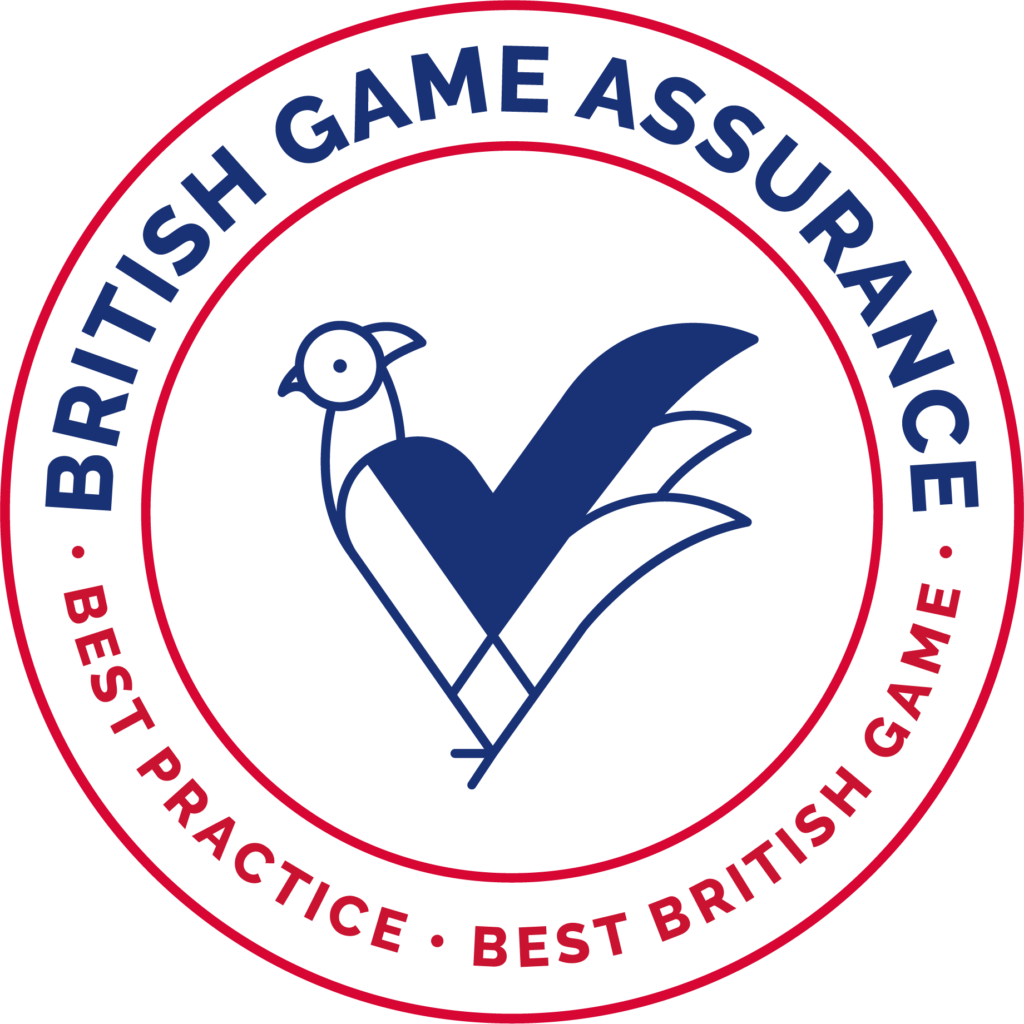
British Game Assurance
BGA statement:
Today (15th December 2022) Defra has published a document that attempts to assess the risk of pheasants passing Avian Influenza (AI) to wild bird populations. The shooting community should take note but not be alarmed: the headlines presented by the document do not reflect the content of the paper or the actual impact of pheasant release on wild bird populations, and moreover only focus on a particular moment in the summer of 2022 and as such can have few policy implications. The methodology will be updated ahead of any further work in this area, and Aim to Sustain partners including British Game Assurance (BGA) will have the opportunity to participate in any such update.
BGA CEO Liam Stokes joined Aim to Sustain colleagues this morning, to meet the Defra team responsible for the report and highlight our concerns at the lack of prior engagement with the shooting sector. He said: “This report focuses on very specific, largely hypothetical questions on what would happen were pheasants to contract AI at various stages of their release, using information available in August of 2022. At this point five months later we have a much better understanding of what actually happened and some of the hypothetical questions raised in this report, particularly relating to birds being released with bird flu, never came to pass. This report will have no impact on this season and following the lack of consultation with the shooting sector to date, the Aim to Sustain organisations stand ready to assist Defra to improve their models and methodologies if this process is undertaken again in the future.”
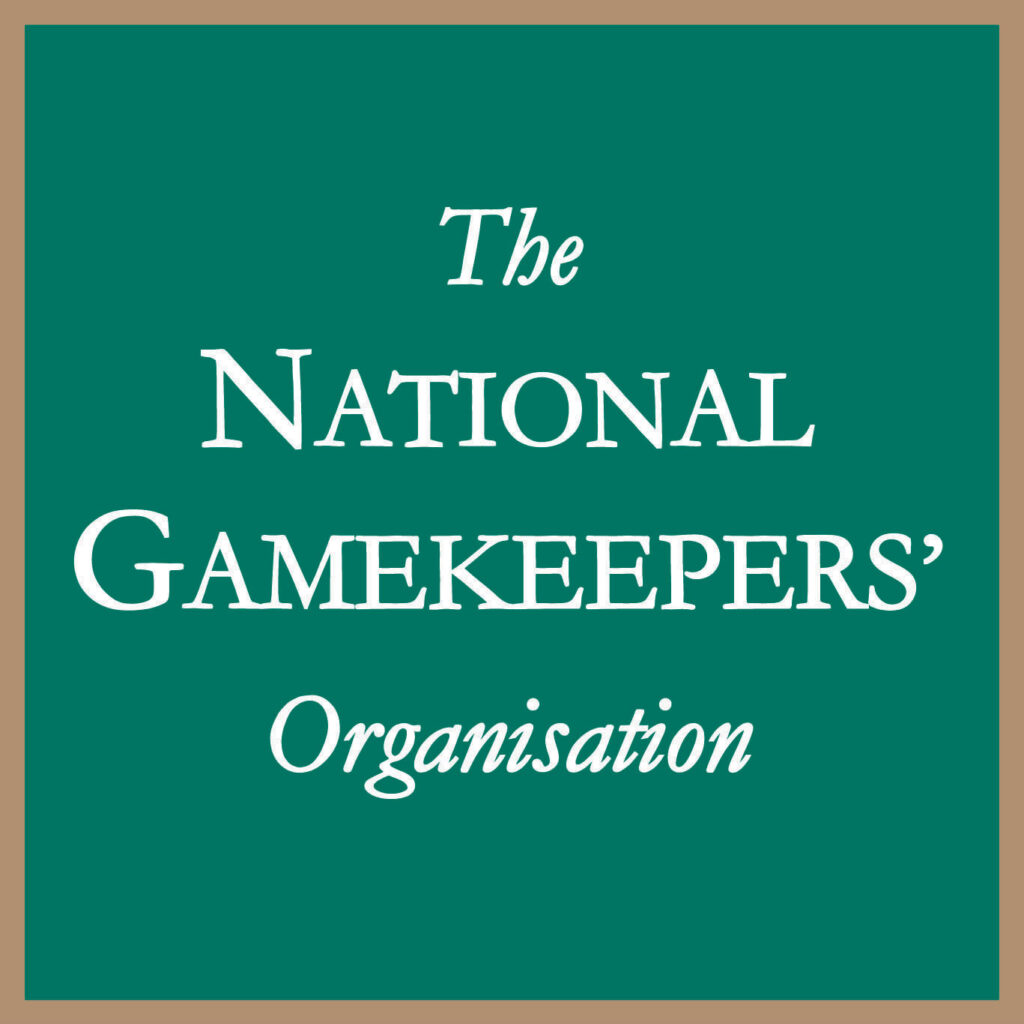
National Gamekeepers’ Organisation
National Gamekeepers’ Organisation statement:
Today (15th December), Defra published a risk assessment which aimed to analyse the risk of pheasants transmitting high pathogenicity avian influenza virus (HPAIV) into the wild bird population.
The assessment is retrospective, focusing on a short period of time in July and August 2022. At that time, Avian Influenza (AI) was being seen at unprecedented levels in both captive and wild birds, and that is the context in which the assessment was produced. It does not take into account the 5 months from August until now, in which time we have gathered vast amounts of data and information about AI and its behaviour in bird populations.
The assessment looks at the theoretical risk of released gamebirds transmitting AI into the wild bird population. The GWCT confirm that between then and now (15 December 2022), there have been no confirmed cases of pheasants being released that were previously infected with HPAI, and no confirmed cases of wild birds being infected with HPAI due to contact with infected gamebirds.
The National Gamekeepers’ Organisation is disappointed that the shooting sector – including both ourselves and our partners within the Aim to Sustain group – were not consulted adequately prior to the publication of this report.
This is a shame both for us and for Defra, as improved dialogue with people who actually work with both game birds and wild birds would have provided them with valuable insights, and made this a far more robust document.
Defra acknowledge “that there is high uncertainty inherent in this assessment with a lack of data and a reliance on assumptions”. This is not a policy document, and due to the lack of the certainty and scientific scrutiny within the assessment, as well as the limited timeframe of it, the document itself can have few further implications.
Defra also acknowledge that this is “a working document”, which will not impact on the remainder of this season. It is not a current assessment of the situation we see in the countryside today, and there are numerous assumptions made which do not reflect reality.
This assessment looks backwards; it does not relate to what could happen next year. We would therefore urge our members and other readers of this statement to refrain from making any serious decisions based on this risk assessment.
Tim Weston, the NGO’s lead on AI, said:
“The lack of engagement with the sector when creating this risk assessment is very disappointing. The fact that this is just a tiny snapshot of a very short period of time – and without a full data set – renders this entire risk assessment almost completely irrelevant.
“There are so many areas within this assessment where the NGO and our Aim to Sustain partners would have been able to add valuable information and knowledge which would have improved its certainty and robustness. We are very keen to engage more closely with Defra on any future assessments.”

